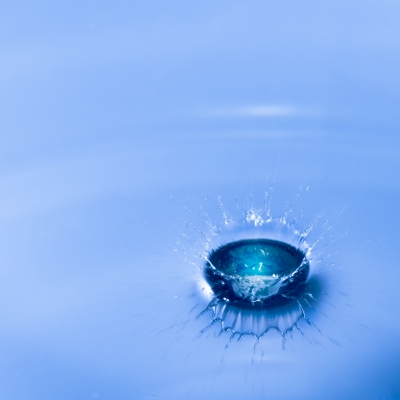Contents
A boiler leak is quite a common problem homeowners encounter. It is not only inconvenient, it could also be a sign of a bigger problem in your boiler.

A boiler leaking water can be a symptom of a much bigger and more complicated problem. This can depend on the type of boiler and how old it is. It may be a huge problem for one type, but not a concern at all for another. Examine your leaking boiler and see how much water there is.
A boiler leak could be a sign of the following:
- Boiler Pressure Problems – Your boiler has a special pressure outlet pipe located on the side of the boiler. This allows pressure from inside the boiler to escape, and without it, your boiler will explode or collapse. But because it has no fittings, it may occasionally drip water. However, if there are puddles of water directly below the boiler everyday, it could be a sign that the boiler pressure is too high. Learn how to repressurize a boiler.
- Boiler Seal Damage – Boiler leak can also be caused by damage on the boiler seals. Damages can allow water to escape, while the boiler pump could be pushing water out through the seals. The best thing to do here is to replace both the boiler seal and pump. Check the sides and bottom of the pump and make sure that the leak is coming from the seal.
- Cracks in the Body – Overtime, your boiler’s body can show signs of wear and tear. The metal will eventually develop cracks and damages. The repeated cooling and warming of the boiler causes the metal parts to expand and contract, which will cause the body to crack or split. A crack is a serious problem and the boiler repair can be costly. Depending on how old your boiler is, it might be a more cost- efficient to get a boiler replacement.
- Loose Joints – This is a much easier problem that causes a boiler leak. The problem usually happens when the boiler contracts and expands due to hot and cold temperatures. Check all the pipes, fittings and tubes and make sure the blowdown valve is not damaged or loose.








